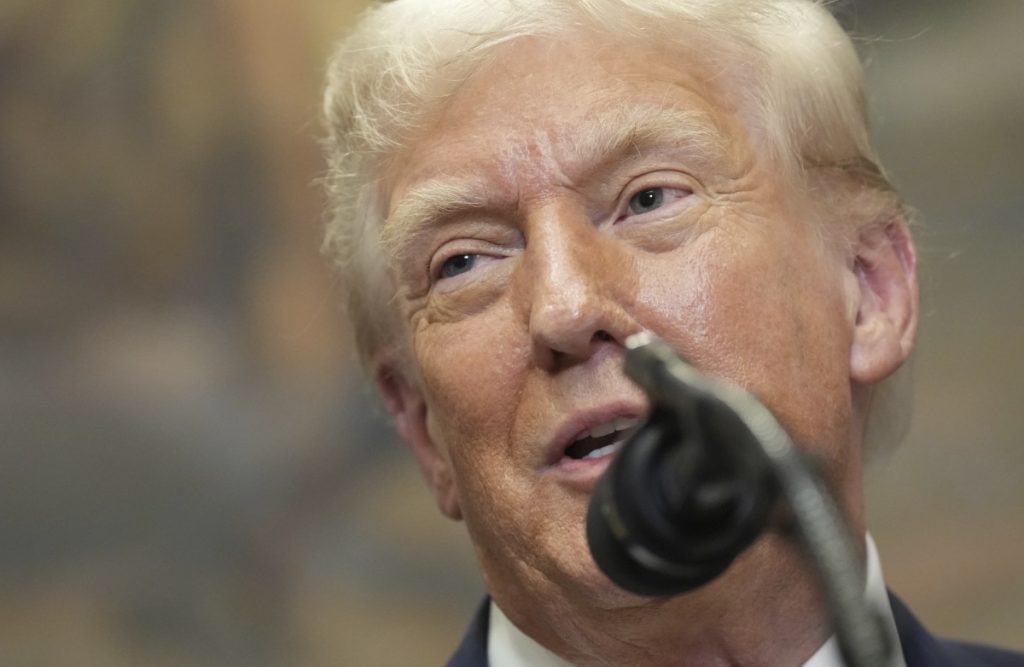US Imposes 15% Reciprocal Tariff on Turkey—Trade Costs Rise Amid Diplomatic Signal
In a significant adjustment to U.S. trade policy, President Donald Trump signed an executive order raising the reciprocal tariff rate on imports from Turkey to 15%, up from the baseline 10%. The measure is set to take effect on August 7, 2025 and forms part of a broader “new system of trade” strategy targeting more than 67 countries.
Export sectors under pressure: Analysts warn the tariff hike could increase costs for Turkish exporters to the U.S., potentially slowing growth or triggering short-term contractions across critical industries such as automotive, textiles, and steel.
Economic backdrop: In 2024, bilateral trade between Turkey and the U.S. totaled approximately $32.6 billion, with Turkish exports ranging from $16 to $17 billion. Key U.S. imports from Turkey include vehicles, machinery, apparel, iron and steel, and petroleum products.

Opportunity amid challenge: Despite the strain, some sectors may benefit from relative tariff competitiveness. Turkey’s rate—though increased—remains lower than those imposed on other nations, potentially allowing Turkish exporters to gain ground over heavily tariffed competitors. Source
This move aligns with the Trump administration’s “reciprocal tariff” policy, intended to penalize countries whose trade practices fail to mirror U.S. openness. While some nations with agreements (e.g., European Union, Japan) have secured lower rates, Turkey’s increase reflects its yet-to-be-negotiated status. Source
